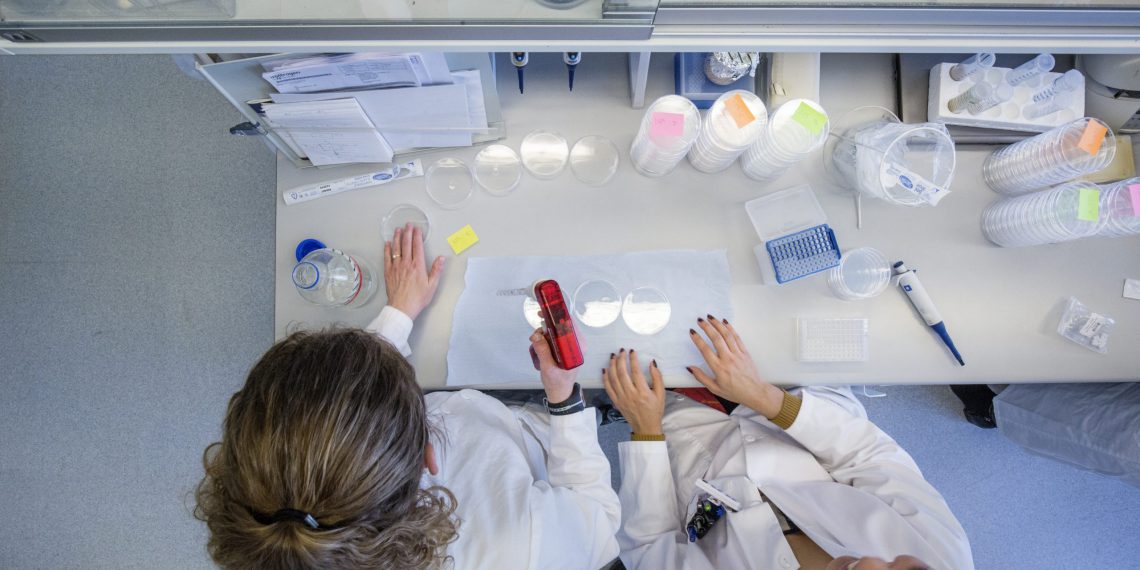GEA is further expanding its market position in the dynamically growing new food sector with one of the largest orders in the company’s history. Novozymes, the world’s largest supplier of enzyme and microbial technologies based in Denmark, is entrusting GEA with the turnkey equipment of a large-scale plant for the production of plant-based proteins required for the production of plant-based foods. The order is worth well into the upper double-digit million euro range. Construction will begin this year; the new plant in Nebraska, USA, is expected to start production at the end of 2023.
“There is a huge increase in demand for food products that have a demonstrably better environmental performance than conventionally produced products. With our technologies and experience in scaling industrial applications, GEA is ideally positioned to serve the new-food market, contributing to our corporate purpose of ‘engineering for a better world.’ We are pleased to partner Novozymes in this strategic project.”
- Stefan Klebert, CEO
Novozymes has been developing fermented catalytic — i.e. industrially produced — enzymes for decades, which are the basis for applications in numerous industries. Just recently, the company announced plans to invest DKK two billion in the growth market of functional proteins, so-called advanced protein solutions, for the food industry. “The investment in a new state-of-the-art production line in Blair, Nebraska, underscores our commitment to sustainably feeding the world and demonstrating the true power of biotechnology,” said Graziela Chaluppe dos Santos Malucelli, COO and Executive Vice President Novozymes.
The new production facility includes manufacturing steps from harvesting to separation of the protein. According to Heinz-Jürgen Kroner, Senior Vice President Liquid Technologies and responsible for the New Food business in the Group, both partners are united by their ability to build scalable, highly efficient and reliable plants: “The project is exceptional in many respects: the intensive bidding phase led to the planning of the production lines for the ingredients in less than a year. We will go to implementation at the same pace. We are experiencing a very rewarding partnership.”
The company will now build the process equipment — which includes membrane filtration, mixers, homogenizers, heat exchangers, heat treatment equipment, cleaning, filling, and the pump and valve technology — and begin installation in mid-2022. Production is modular, so initial capacity can easily be expanded as demand increases.

















